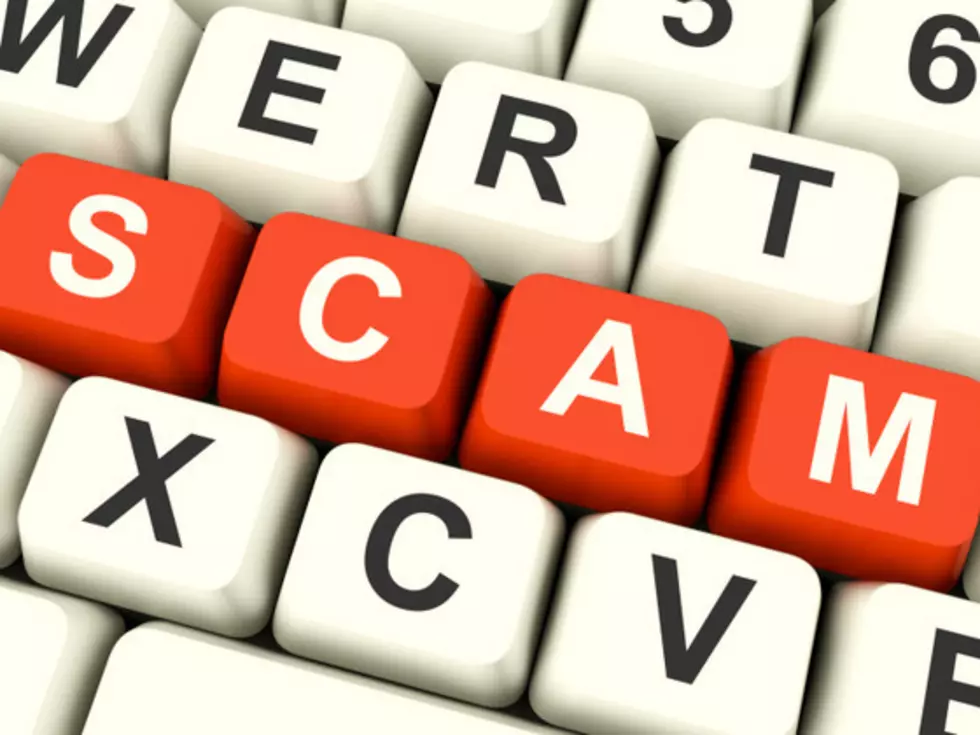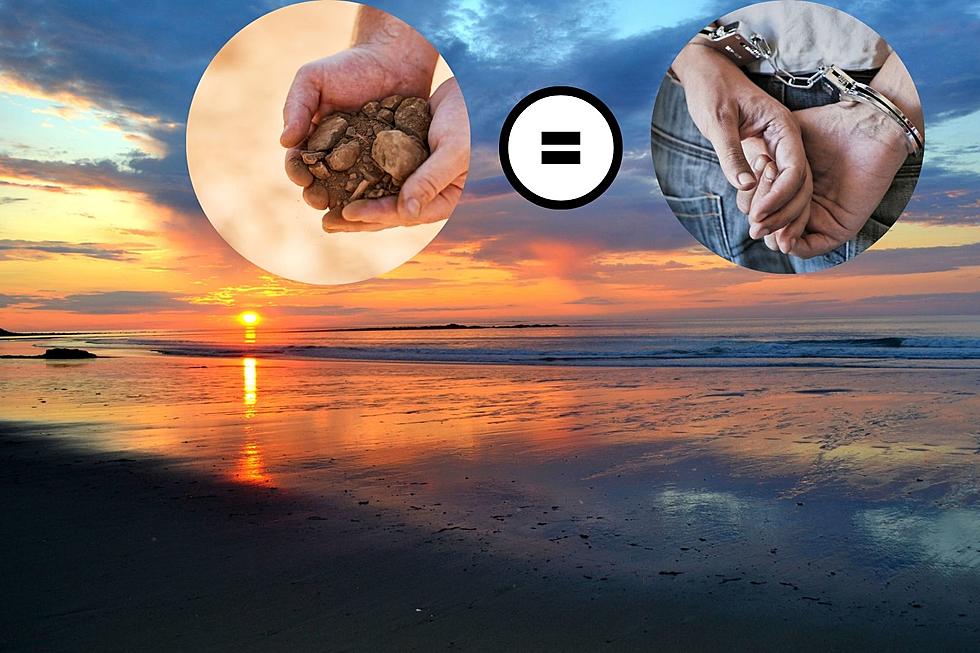
Growing Worldwide Problem of Tech Support Scams
Your computer freezes and you get an error message telling you that your data, email, and passwords have been stolen and are being sent to hackers.
Fortunately, there is a number you can call for help. Unfortunately, it’s a tech support scam.
Better Business Bureau has received more than 7,000 reports to BBB Scam Tracker in the past two years from people claiming a company posting as a computer repair or security service contacted them to fix problems with their computer.
BBB recently conducted an extensive study of tech support scams. The study looks at the scope of the problem, how it works, and what can be done to reduce the harm it causes for consumers. You can read the full study here.
Microsoft – whose corporate name is often used by thieves to dupe consumers – reports receiving 12,000 complaints worldwide every month. While the ages of potential and actual victims vary, Microsoft says that millennials are most likely to continue with a fraudulent tech support offer, while older consumers are more likely to file complaints.
Luckily, if you realize you are being targeted by a tech support scam, a simple reboot of your computer will usually eliminate the warning screens and get you back to business.
Some of the ways scammers target potential victims include:
Warning screens. Nearly half of tech support scams begin with an alert message appearing on the computer screen saying a problem has been detected. There will be a number you can call for help. Never call a number that just appears on your computer.
Cold calls. Another popular way for thieves to get in touch with victims is through cold calls. The caller, claiming to be from Comcast, Norton, Dell, or another tech company, says that servers have detected signs that the consumers’ computer has a security problem. Never give someone who cold calls you any financial information and never let someone who cold calls you have access to your computer. Remember that scammers can spoof official looking phone numbers, so don’t trust your Caller ID.
Sponsored links. When you use a search engine to look for tech support, be wary of the sponsored ads at the top of the list. Microsoft warns that many of these links go directly to businesses set up to scam consumers.
Emails. Microsoft recently reported that scammers have begun using email to reach potential victims. A link in the email will take the consumer to a website operated by the scammers that will launch a pop-up with the fake warning and phone number.
What should you do if you realize you have been the victim of a tech support scam?
Contact your bank immediately. Take your computer to a trusted local business and have it checked out.
Have any software that authorized remote access to your computer removed.
Change the passwords of any online access to financial institutions and other sensitive sites..
File a report with BBB Scam Tracker and with law enforcement authorities, such as the FTC.
In Canada, call the Canadian Antifraud Centre: toll free 1-888-495-5801.
This information was submitted to us as part of a press release. If you would like to share your community news or event with our audience, please email newspi@townsquaremedia.com.
More From


![When Binary Code Goes All ‘Metal’ on You [VIDEO]](http://townsquare.media/site/528/files/2014/07/ScreenShot0301.jpg?w=980&q=75)






